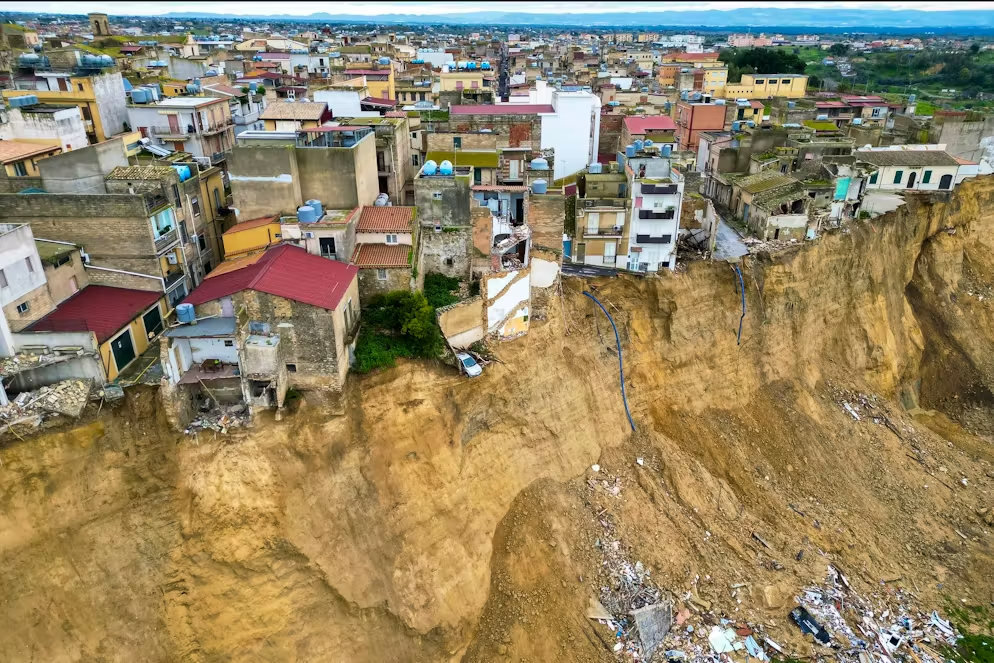UN Says More than 50 Million Refugees amid War, Crisis

The number of people displaced by bloody conflict and persecution has exceeded 50 million for the first time since the post-World War II era — a vast population roughly equal to that of South Africa or South Korea, with Syria hardest hit, according to a new report from the United Nations refugee agency.
The Office of the United Nations High Commissioner for Refugees said a staggering 51.2 million people were forcibly displaced at the end of 2013, eclipsing the 45.2 million reported in 2012.
The Central African Republic and South Sudan crises also sparked new waves of displacement, it said in its annual report, released on World Refugee Day.
“We are seeing here the immense costs of not ending wars, of failing to resolve or prevent conflict,” said UNHCR chief Antonio Guterres. “Peace is today dangerously in deficit. Humanitarians can help as a palliative, but political solutions are vitally needed. Without this, alarming levels of conflict and the mass suffering that is reflected in these figures will continue,” he warned.
The spiraling numbers have huge implications for aid budgets, and place massive strains on nations on the front-lines of refugee crises, the UNHCR said. Its data covers three groups: refugees, asylum-seekers, and the internally displaced.
Refugee numbers reached 16.7 million people worldwide, the highest since 2001. A total of 6.3 million have been exiled for over five years, the agency said — noting that that did not include five million Palestinians aided by the UN Relief and Works Agency, a separate body.
Overall, the biggest refugee populations under UNHCR care came from Afghanistan, Syrian and Somalia, who together form over half the global refugee total.
The world’s top refugee hosts were Pakistan, Iran and Lebanon. The regions with the largest refugee populations were Asia and the Pacific, with a total of 3.5 million people. Sub-Saharan Africa totaled 2.9 million, and the Middle East and North Africa, 2.6 million.
Human rights campaigners Amnesty International said rich nations must do far more to shoulder the load. “Given the economic advantages rich countries have over poor, it’s doubly shocking to see them shirking their responsibility,” he said.
Source: Al-Manar




